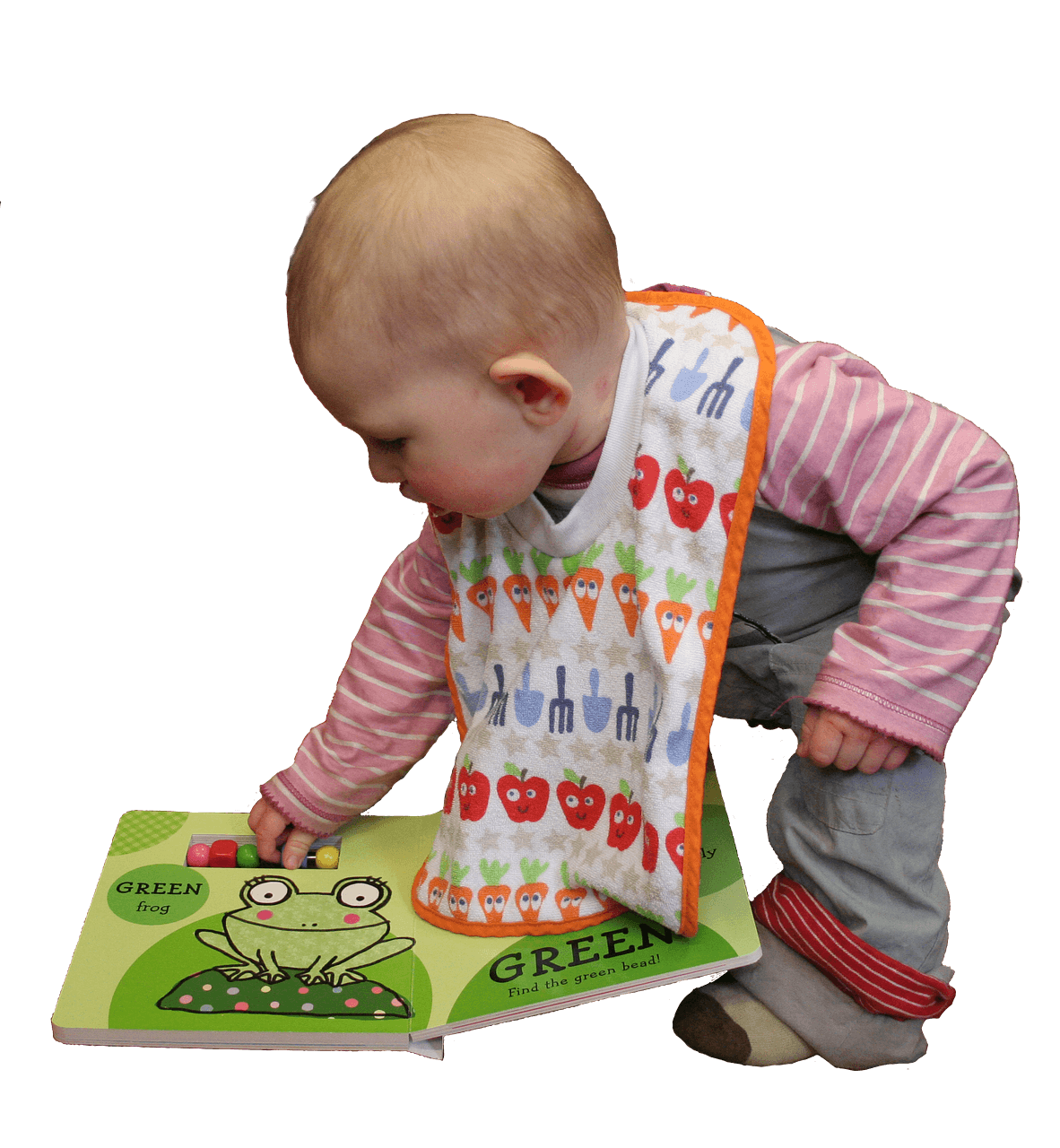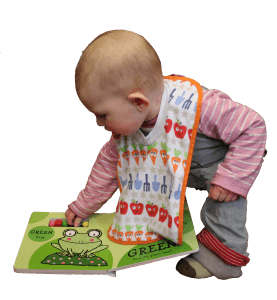
Tips to Broaden Your Child’s Vocabulary
Studies have shown that children with larger vocabularies by age 2 are better prepared for kindergarten. This boost in the start of their education can lead to a lifetime of benefits in their education, socialization, and future career success. As parents, we can help broaden our children’s vocabularies at home. Here are some ways you can aid your child in developing his or her vocabulary for a bright future to come.
Skip the Baby Talk
With toddlers, it’s easy to forget they are not babies anymore. All the “goo goos” and “ga gas” are fine when relating to an infant, but we want our tots to learn to speak properly, and baby talk isn’t helpful in that area. No, you don’t need to use an advanced vocabulary or talk about things your toddler can’t yet comprehend, but speak in a normal, everyday tone for your child to emulate. This will help him or her learn how to properly pronounce words and form sentences correctly. It will also help with communication skills and learning.
Read Every Night
A great way to expand your toddler’s vocabulary is by reading together. Make it a habit to read a book every night before bedtime or some other time during the day. Your child will see it as entertainment, but he or she will actually be learning. The ritual of reading together will bring you closer together too. As your child gets older, let him or her take turns with you reading out loud. This love of reading will be carried on into adulthood.
Introduce New Words
Each day, teach your child a brand new word. Use it in sentences all day and make sure your toddler grasps the context in which you use the word. See if your child is able to incorporate this new word into his or her vocabulary and practice it each day. Your child will love using the new word in front of others and will learn new ways to express actions and feelings more effectively.
Teach Another Language
The younger the child, the more adaptable the brain is to learning a second language. If you don’t speak a foreign tongue yourself, find an introductory tape or book to help your child learn basic words in another language. The value of knowing multiple languages is useful in many areas of life and will expand your child’s ability to grow his or her vocabulary in English too.
How do you take the steps towards improving and broadening your child’s vocabulary? We’d love to share your tips with our community.Want to see more info like this? Please see the info on All My Children blogs.

can you give me some hints on how to settle an 18month old to sit and read together when she is ready to move the minute we sit down???
Claire, I understand the difficulties of getting an energetic 18 month-old to sit. It’s best to follow her patterns and notice the moments when she is calmer and ready to sit…THEN break out a book. Don’t try and make her sit down if she’s not in the mood. This site’s suggestions unfortunately omit the benefits of singing with/to your child. And you don’t need a good voice to do it, your child doesn’t care if you’re off-key. There’s great language development in singing your words (ie Nursery Rhymes). Finally, if your child’s done halfway through a book, let her get up, don’t make reading punitive and make her finish the book. Better to have a good 5 minutes than a bad 10 minutes. Check out the American Library Association’s “Every Child Ready to Read” website.
She doesn’t need to be sitting to hear your voice and all those great words!